Bless The Rose Mentors
roseblush1
12 years ago
Related Stories
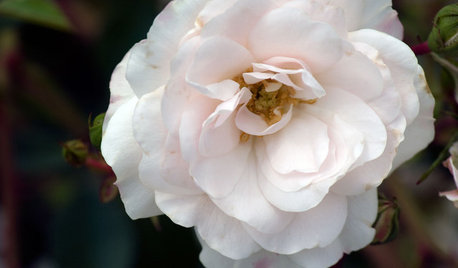
GARDENING GUIDES5 Favorite White Roses for a Purely Beautiful Garden
How does your garden glow? With roses that look like light and smell divine
Full Story
WINTER GARDENINGPruning Secrets for Exquisite Roses
Encourage gorgeous blooms year after year with this time-tested advice on how to prune your rosebush in winter for health and shape
Full Story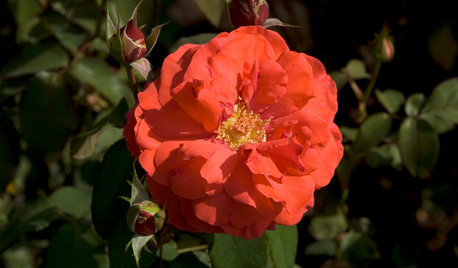
GARDENING GUIDES6 Captivating Roses for an Alluringly Fragrant Garden
Perfume your garden with aromas from richly spicy to lightly sweet, without sacrificing an inch of color
Full Story
LIFEHow to Handle Inherited Things You Don’t Really Want
Whether you’ve inherited a large collection of items or a single bulky piece of furniture, it’s OK to let it go if you don’t need or want it
Full Story
STUDIOS AND WORKSHOPSMy Houzz: Step Inside a Blacksmith’s Home Workshop
See how this New York homeowner repurposed an old structure to use as his blacksmithing hobby space
Full Story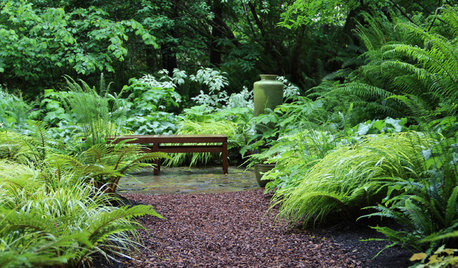
GARDENING GUIDES10 Solutions for Soggy Soil
If a too-wet garden is raining on your parade, try these water-loving plants and other ideas for handling all of that H2O
Full Story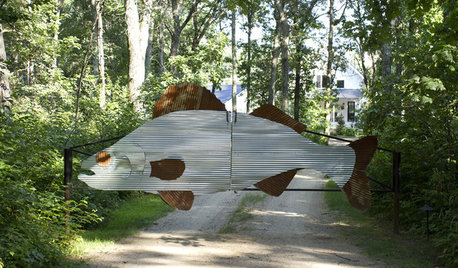
FUN HOUZZ11 Ways to Have More Fun at Home
Every house needs a touch of humor — a funny sign or an accessory that always makes you smile. Here’s where to begin
Full Story
MORE ROOMS8 Colors for South-Facing Rooms
Choose one of these soft, cool colors to tone down the sun shining in
Full Story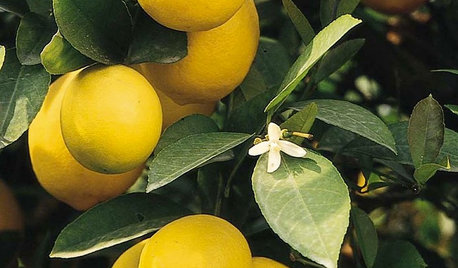
CALIFORNIA GARDENINGCalifornia Gardener's February Checklist
Celebrate 5 California classics: plants that defy winter with bright flowers, luscious fragrance and, for some, delicious taste
Full Story




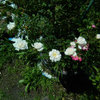
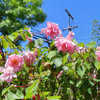
seil zone 6b MI
sammy zone 7 Tulsa
Related Discussions
Local Rose 'Mentor' grows these teas....
Q
I could use a mentor...
Q
Zone 8b newbie needs a mentor
Q
Zone 8b need a mentor
Q
mendocino_rose
landperson
roseblush1Original Author
roseseek
hoovb zone 9 sunset 23
roseblush1Original Author
mariannese
roseblush1Original Author
roseseek
cemeteryrose
roseseek
luxrosa
roseseek